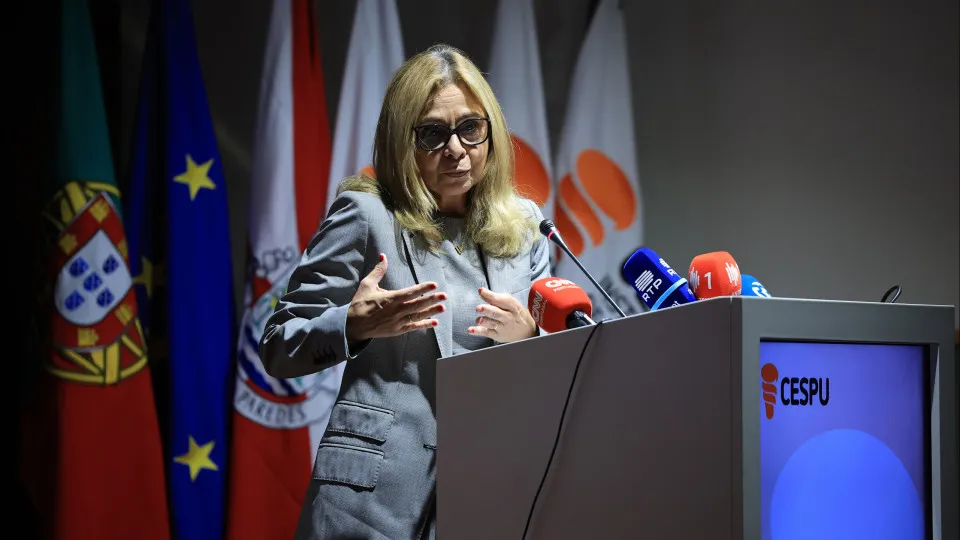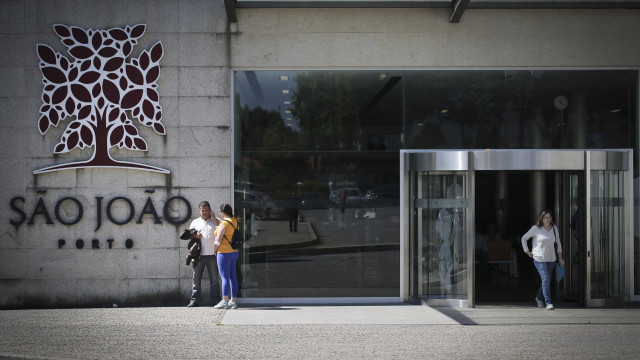
“With what we have invested, we should have more results, and if we don’t, it is certainly not because professionals or team leaders are not making an effort; it is because the way we are organized has not evolved sufficiently. It has evolved, of course, and it evolves every day, but not enough to improve some of the economic-financial indicators we have in our organizations,” she stated.
In Paredes, during the 43rd anniversary of the Politécnico e Universitário Higher Education Cooperative (CESPU), Ana Paula Martins dedicated her speech to the role this institution plays in education and health in Portugal, praising its “ambition,” a notion she extended to the country.
“There are other traits that characterize us, but I will focus on ambition. Despite the substantial investment we make in health, and we do, we need truly reformist solutions, or reforms, if you prefer,” she stated. Addressing CESPU’s president, Ana Paula Martins mentioned that current challenges are linked to “unnecessary bureaucracies in a State that clearly needs to modernize.”
“We are not here to give up. Because if we did, we would be giving up on education, on contributing to training, to qualification, to facing the economic challenges of the country, to the country’s growth. We are not satisfied with being at the low bar. We have to go further, and to do that, we have to do several things (…). A country with 900 years of history, even with many vicissitudes, cannot lose ambition,” she noted.
Earlier, at the ceremony’s start, the mayor of Paredes, Alexandre Almeida, addressing the Health Minister, who had not yet arrived in the room, reminded that CESPU wishes for its Medicine course to be approved and asked the minister to look “favorably” at the Tâmega and Sousa Local Health Unit, which “suffers from enormous stress.”
António Almeida Dias, chairman of the CESPU board, speaking with Ana Paula Martins in attendance, discussed the cooperative’s ambition for a Medicine course, considering it was not accredited “for inexplicable reasons,” while “others were accepted in institutions with fewer resources.”




